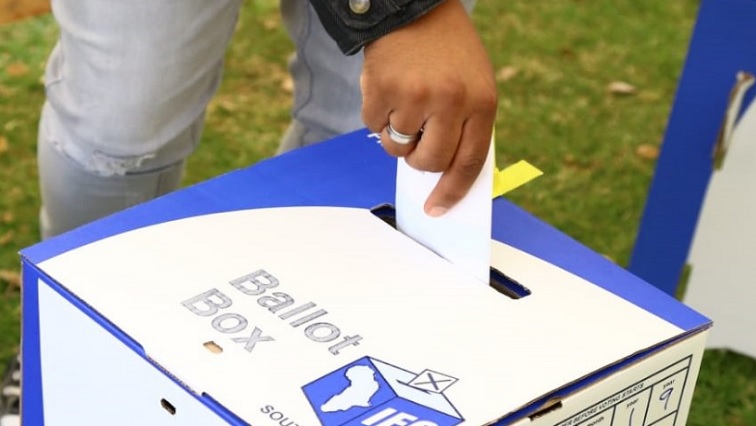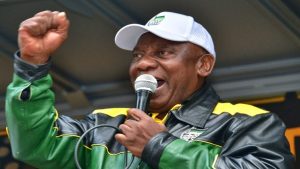The Independent Electoral Commission (IEC) has confirmed that the final phase of preparations to implement the Political Funding Act is well under way. The commission was briefing the media on the publishing of the final regulations of the Act which have been gazetted at its headquarters in Centurion.
Last week, President Cyril Ramaphosa announced the commencement of the Act which requires all political parties and donors to declare donations above R100 000 and prohibits donations by foreign governments, agencies, organs of state and State-Owned Enterprises.
It also prohibits a donation of more than R15 million annually. The Act, which seeks to regulate public and private funding of political parties, is expected to be legislated well before the hotly contested Local Government Elections this year.
Political parties have until July to declare any donations.
“The Act requires all political parties and their donors to declare their donations in kind that are above the value of R100 000 per year to the IEC and they must do so on a quarterly basis which we must publish online and table a record of annual donations in Parliament. This means that political parties will be required to declare all donations above the threshold that they have taken before April and June this year by no later than the end of July 2021,” says IEC Vice Chairperson Janet Love.
IEC briefs the media on implementation of the Political Party Funding Act:
The commission has since established a small party funding unit under Chief Executive, George Mahlangu. Furthermore, a new Multiparty Democracy Fund is established by the Act which permits any person or company to make a contribution.
Last year, the State Capture Commission of Inquiry heard that a businessman made payments to people within the African National Congress (ANC). Now the IEC says the Act will seek to promote transparency and do away with the culture of capturing political parties.
“To the extent that they may be matters relating to the funding before the Zondo Commission, that some of those matters may be of a criminal nature, we do however think that the current Act when it commences, it will open the transparency envelope in terms of the party funding, such that investigations will be possible,” says IEC Chief Electoral Officer Sy Mamabolo.
But Local Government Affairs Expert Tshepang Molale believes that the Act will have far-reaching consequences for good governance.
“This is a great win for public participation and participatory democracy because as you are now heading towards Local Government Elections, our citizens can now have a clear picture as to how these political parties are funded and they can make an informed choice as to whether they are electing someone who has some unscrupulous relationship between certain commercial interests, whether there are some certain arrangements they are having with them, that you give me this money to fund my campaign, I will give you this contract.”
Researcher at the Election Monitoring Network unpacks the Political Funding Act:
Whilst independent candidates are for now excluded from this Act, the commission says all those who want to make donations to political parties will not be taxed.






